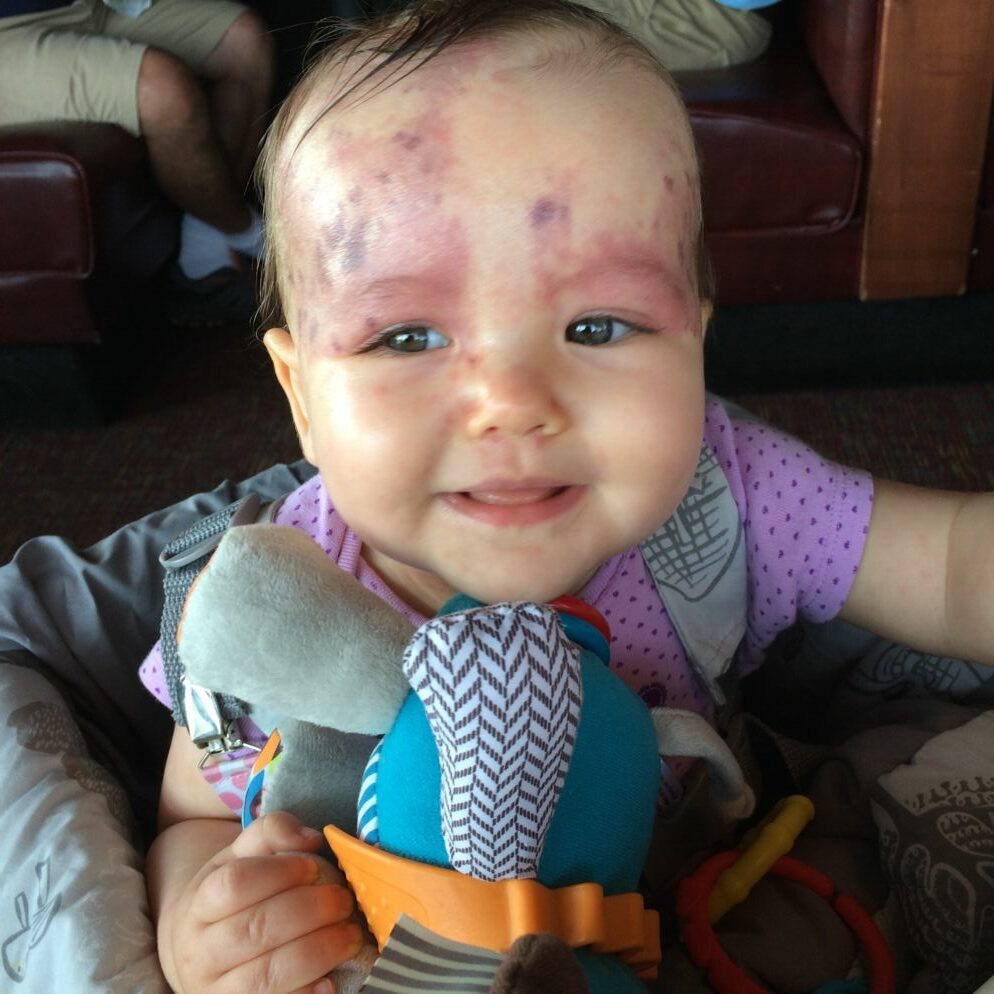 As a parent, you understand the importance of teaching your child about good personal and dental hygiene. But many parents don’t realize that it’s equally critical to teach children good sleep hygiene—the practice of habits that directly impact the quality of a person’s sleep. Both the quantity and quality of sleep we get each night are crucial to overall health — and it’s important to mold those sleep hygiene behaviors at an early age.
As a parent, you understand the importance of teaching your child about good personal and dental hygiene. But many parents don’t realize that it’s equally critical to teach children good sleep hygiene—the practice of habits that directly impact the quality of a person’s sleep. Both the quantity and quality of sleep we get each night are crucial to overall health — and it’s important to mold those sleep hygiene behaviors at an early age.
While you may assume that sound sleep comes naturally to children, that isn’t always the case. And when children suffer from insufficient sleep, it can lead to subsequent difficulties in other aspects of their lives. Children who get insufficient sleep are more likely to experience injury and obesity, decreased emotional regulation, hyperactivity and the inability to concentrate. In fact, some behavioral concerns in children can be resolved with a focus on improved sleep hygiene.
According to the American Academy of Sleep Medicine, children between the ages of 3 and 5 need between 10–13 hours of sleep, children between the ages of 6 and 12 need 9–12 hours of sleep to maintain healthy sleep hygiene, and teenagers need 8–10 hours of sleep per night.
In addition to making sure your child gets the right amount of sleep each night, it is also critical to monitor the quality of those hours of sleep. The time children sleep should remain uninterrupted in order to provide them with the amount of rest they need. Checking in with children regularly in the morning to see if they recall waking up during the night and if they know what woke them is a good practice. Identifying and eliminating these disruptions will help increase the quality of their sleep.
If your child is suffering from sleeplessness or exhibiting behavioral challenges that could be attributed to sleep deficiency, there are a few simple changes you can make to promote good sleep hygiene:
- Minimize sugar after dinner to avoid a spike in hyperactivity.
- Eliminate screen time 30 minutes to one hour before bed to cut down on mental stimulation.
- Reduce clutter in your child’s bedroom, specifically from toys and games, to help avoid distraction while getting settled for bedtime.
- Get your child ready for bed at the same time every night to teach his or her internal clock to start getting sleepy around that time.
- Wake your child up at the same time every morning to teach his or her internal clock to start waking up around that time.
Teaching healthy sleep habits early on will help your child understand the importance of quality sleep. Importantly, internalizing healthy sleep habits early in life helps children to be more likely to carry them into their teenage years, when it generally becomes more difficult for parents to enforce a sleep schedule (but just as important to get enough sleep).
Teens’ tendency to try to stay up as late as their bodies will allow and wake up as late as their schedules permit can lead to poor sleep hygiene. Often, they are awake late at night looking at screens such as laptops and phones, which stimulates their brains and inhibits quality sleep in the same way it did when they were younger. Teaching children the importance of limiting screen time before bed and going to bed and waking up at consistent times — even on weekends — increases the likelihood that they’ll maintain healthy sleep habits into their teen years and beyond. The consequences of poor sleep habits can be devastating for teens. Teens who experience chronic sleep deprivation suffer from depression and suicidal thoughts at a rate higher than their peers who get the recommended 8–10 hours of sleep per night.
If the aforementioned sleep hygiene guidelines do not improve your child’s quantity or quality of sleep, or if your child is experiencing symptoms such as snoring, bedwetting, sleepwalking or night terrors, he or she may suffer from sleep apnea. Sleep apnea is a condition in which a person actually stops breathing during sleep, then wakes up in order to restore the normal breathing pattern. This can happen throughout the night, unbeknownst to the sleep apnea sufferer, and seriously hinder the ability to achieve quality sleep.
The quality and quantity of the hours your child sleeps at night are key factors in overall health and development. Being attentive to sleep hygiene now will impact both your child’s day-to-day life and long-term development. If your child exhibits ongoing sleep problems, consult your family physician to see if a referral to the Sleep Center at Saint Agnes Hospital is right for your child. And, for more information on how you can equip your child with the tools needed for a good night’s sleep, visit the Sleep Center at St. Agnes’s website.
Dr. Kala Davis-McDonald is the director of the Sleep Center at Saint Agnes and the chief of pulmonary medicine at Saint Agnes. An expert in pediatric sleep studies and obstructive sleep apnea, Dr. Davis-McDonald also is a founding board member of the Maryland Sleep Society.








